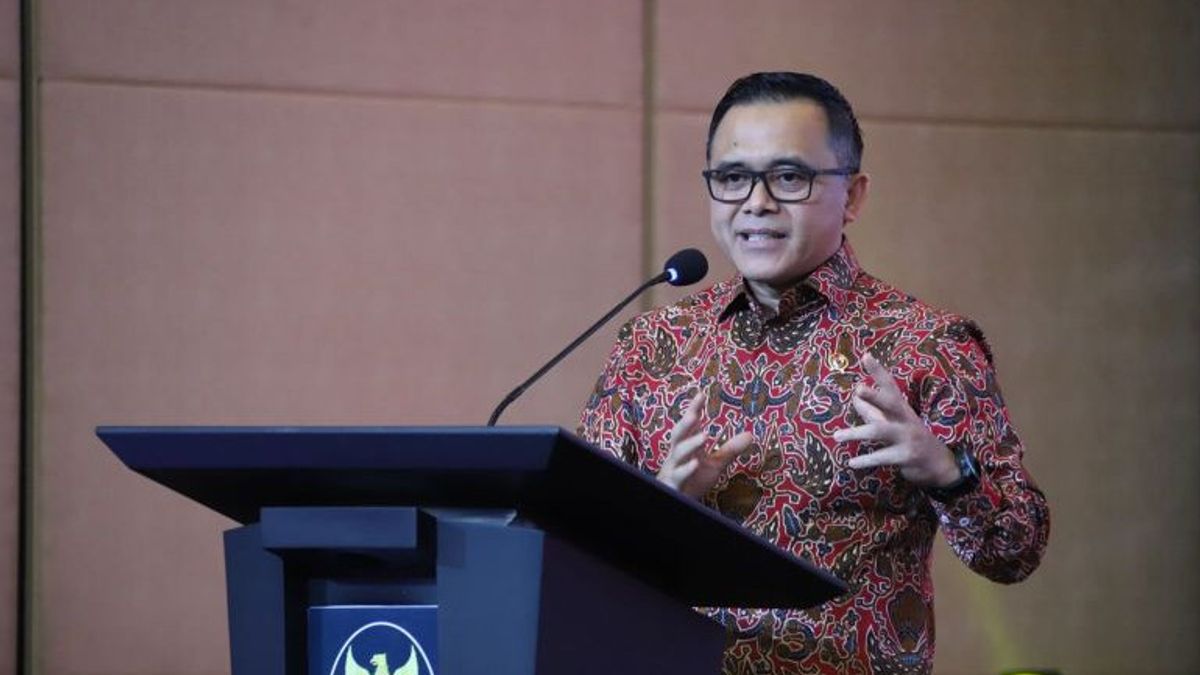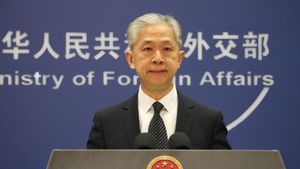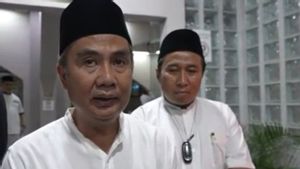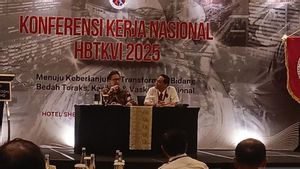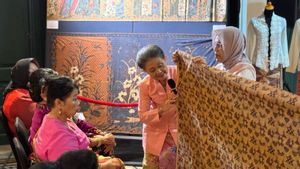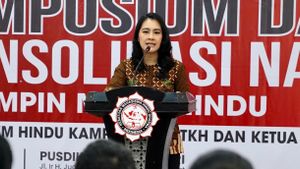JAKARTA - Minister of Administrative Reform and Bureaucratic Reform (PANRB) Abdullah Azwar Anas said that the government has granted assistance leave rights for ASN men whose wives gave birth.
This is one of the points of the Draft Government Regulation (RPP) on Management of State Civil Apparatus (ASN) as the implementing rule of Law Number 20 of 2023 concerning ASN. The RPP is targeted to be completed by a maximum of April 2024.
"The government will grant leave rights to husbands whose wives give birth or miscarriage. Leave to accompany the wife who gave birth is the right of the male ASN which is regulated and guaranteed by the state," Anas said in a statement in Jakarta, Wednesday.
According to him, the right to leave is the aspiration of many parties. Currently, the government is asking for input from stakeholders, including the DPR, regarding this matter.
Previously, Anas continued, the leave for male ASN whose wife gave birth was not specifically regulated. All that is regulated is maternity leave for female ASN.
Anas assessed that the right to leave for male employees whose wives gave birth or what is commonly called 'leave father' has been imposed in a number of multinational countries and companies.
SEE ALSO:
The time of leave given varies, about 15 days, 30 days, 40 days, to 60 days. The duration of this leave is being discussed with relevant stakeholders which will be technically regulated in the PP and the Regulation of the Head of BKN.
"The government is of the view that it is important for the role of the father in assistance when his wife gives birth, including during the early post-trial phases," he explained.
The former head of the Government Goods/Services Procurement Policy Institute (LKPP) added that with the granting of the leave rights, it is hoped that the quality of the child-born process can run well. Considering that is an important phase to prepare the nation's successor's best human resources (HR).
"According to President Jokowi's direction, this is one of the initiatives for us to continue to strive to improve the quality of human resources from an early age," concluded Anas.
The English, Chinese, Japanese, Arabic, and French versions are automatically generated by the AI. So there may still be inaccuracies in translating, please always see Indonesian as our main language. (system supported by DigitalSiber.id)
